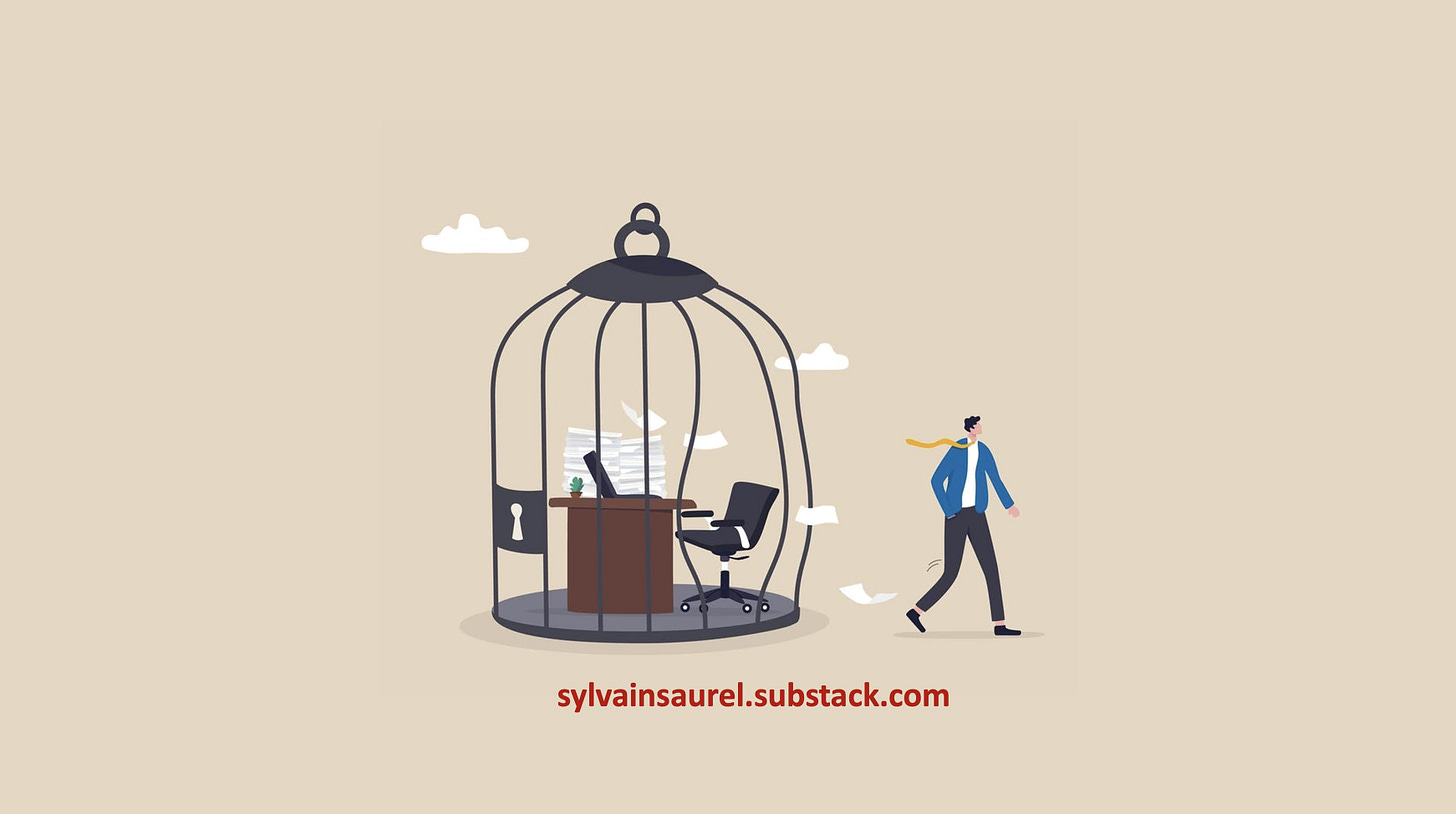The Great Resignation Is Growing Worldwide: 1 in 5 People Are Ready to Resign in the Next 12 Months.
Starting in America, the phenomenon is becoming global. Companies will have to adapt.
The phenomenon started in America with the COVID-19 pandemic at the beginning of the second quarter of 2020. It then amplified in 2021 with 38 million Americans leaving their jobs. While the COVID-19 pandemic appears, for now, to be behind us, this trend continues in America. Indeed, 4.5 million and 4 million resignations were recorded last March and Ap…
Keep reading with a 7-day free trial
Subscribe to Sylvain Saurel’s Newsletter to keep reading this post and get 7 days of free access to the full post archives.




